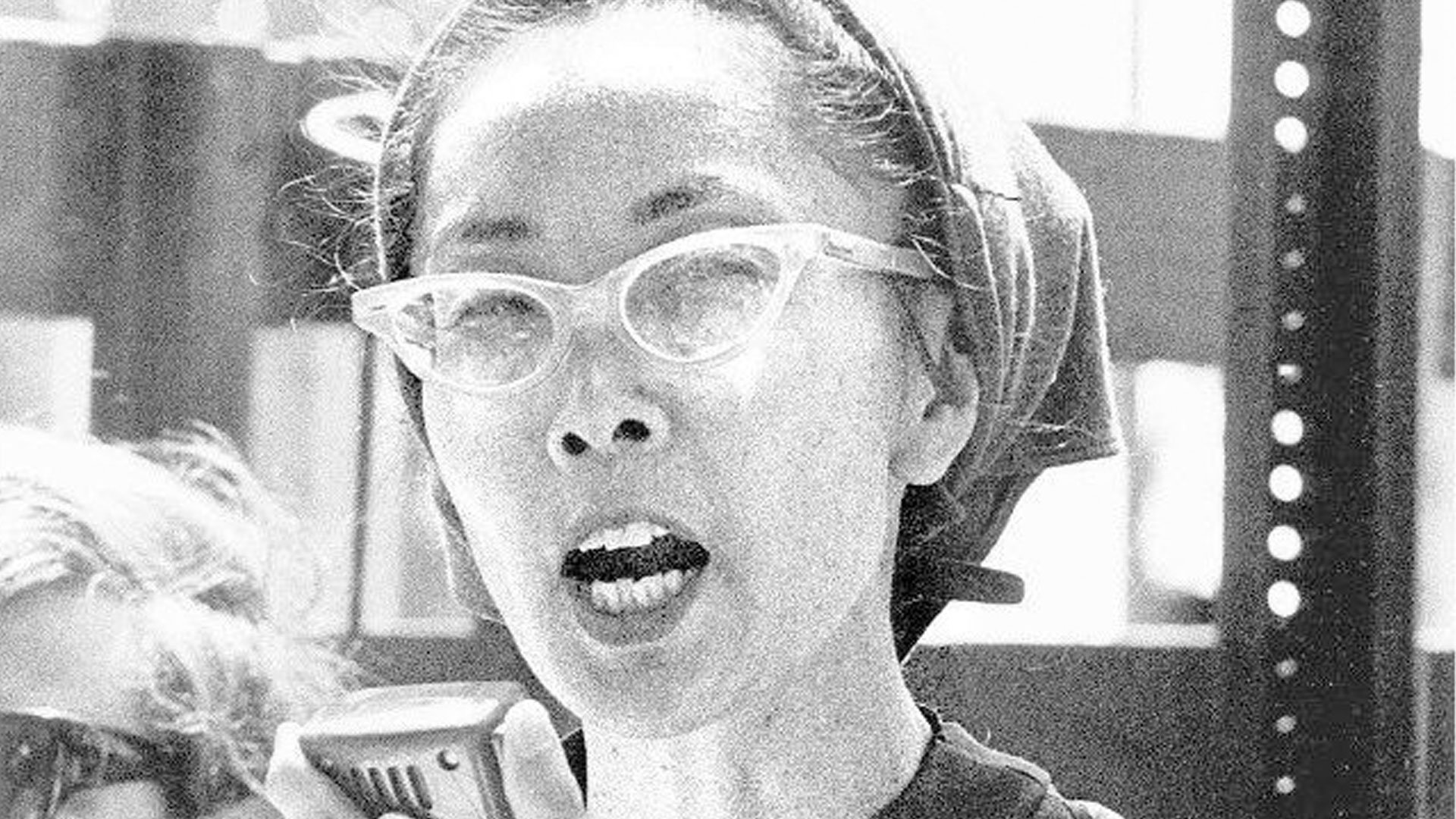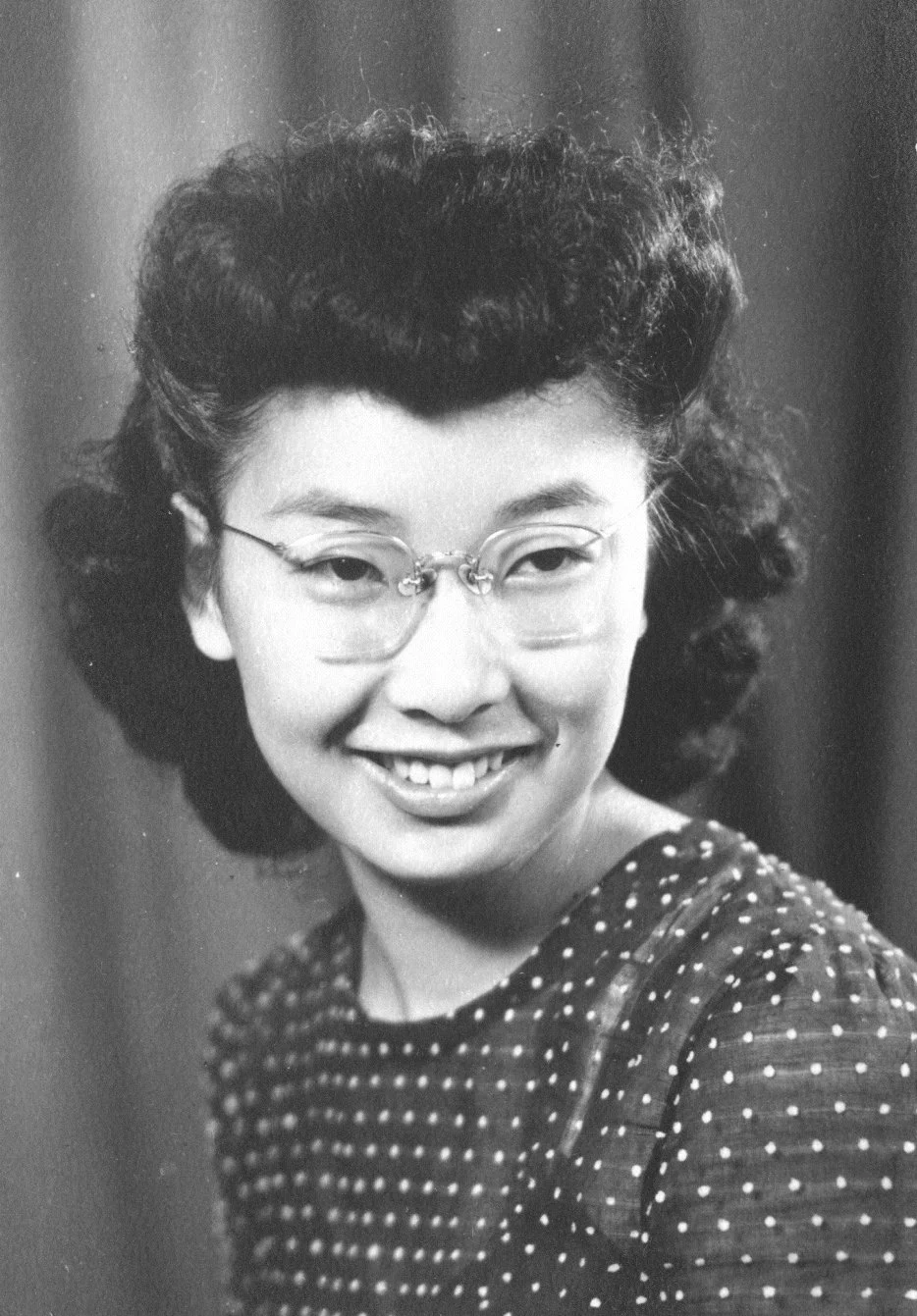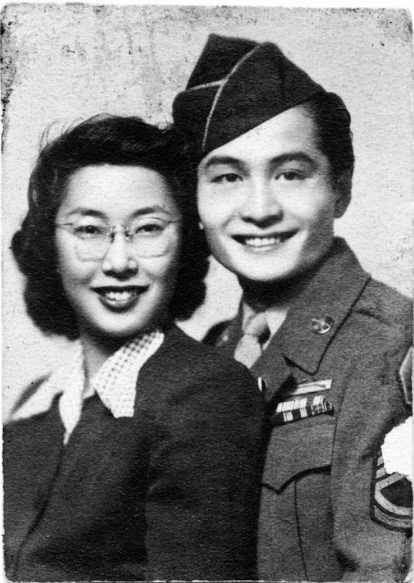
Who is Yuri?
Early Years
Yuri Kochiyama was a lifelong community builder and activist for social justice and human rights. The child of Issei, first-generation Japanese Americans, Mary Yuriko Nakahara was born on May 19, 1921 and raised in San Pedro, California. She and her two brothers enjoyed a relatively comfortable and normal small town American life until their father – a successful commercial fisherman – was arrested by the FBI immediately after the bombing of Pearl Harbor in December of 1941. Like many other Japanese American communities and business leaders on the West Coast at that time, Yuri’s father was immediately arrested and accused of being a spy. He was held as a “prisoner of war,” interrogated, and died in the few short months before Yuri’s family was forcibly evacuated, interned, and disenfranchised of their family business and personal assets along with 120,000 other Japanese American citizens, under President Roosevelt’s Executive Order 9066, issued on February 19, 1942.
Post World War II
Although Yuri and Bill did not fully comprehend the racist implications of Executive Order 9066 until years later, their experiences during the war significantly impacted and informed a new sense of themselves as people of color in America as they began to build family and community in post-World War New York City. Their arrival in Harlem on the eve of the Civil Rights movement was fortuitous and pivotal. In the chapter of her memoir entitled “Raising Six Children in the Sizzling Sixties,” Yuri writes:
“The 1960s was an amazing and exciting decade to be in Harlem, a community thriving with so much activity. Socially, politically, and culturally – Harlem was on fire and we got swept up in the whirlwind.”
That whirlwind of activity, and Yuri and her family’s subsequent education and participation in the Freedom Schools and the many movements and struggles that emerged out of Harlem in the 1960s, would lay the path for Yuri’s lifelong commitment to social justice and to civil and human rights for all people.
Over the course of more than 50 years of community and coalition-building, marching, organizing, speaking, writing, educating and hosting lots and lots of social gatherings, Yuri remained steadfast in her commitment to “building bridges” and promoting radical solidarity, human dignity and broad support for all oppressed peoples until the end of her life in 2014.





